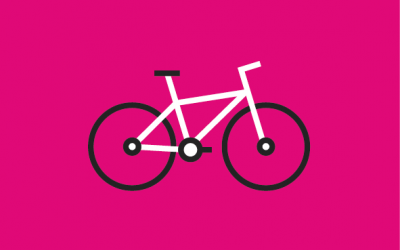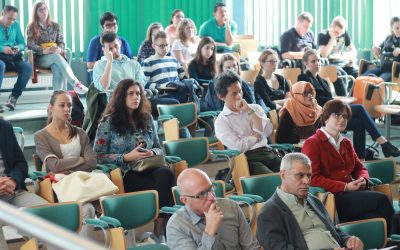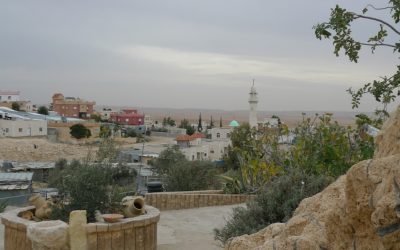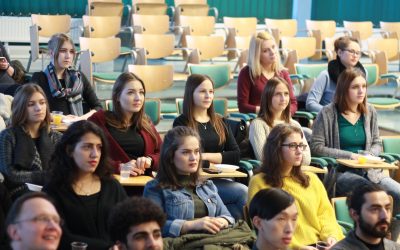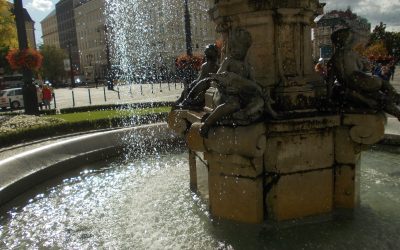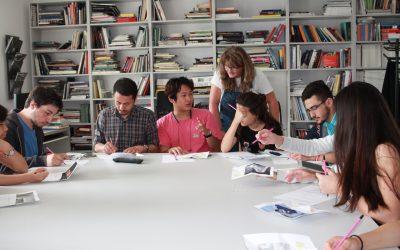Intercultural Communication – Master’s Programme in Sociology
Dodatkowa rekrutacja na Erasmusa w semestrze letnim 2021/2022
Biuro Nauki i Obsługi Projektów zajmujące się realizacją Programu Erasmus+ uprzejmie informuje o ogłoszeniu dodatkowej rekrutacji na wyjazdy studentów na studia i praktyki w ramach Programu Erasmus+ w semestrze letnim roku akademickim 2021/2022. Rekrutacja wewnętrzna potrwa do 11.10.2021.
Ocena zajęć dydaktycznych/ Evaluation of the implementation of classes
Drodzy studenci, zapraszamy Was do wzięcia udziału w badaniu ankietowym dotyczącym oceny realizacji zajęć dydaktycznych przez nauczycieli akademickich za semestr letni roku akademickiego 2019/2020.Termin wypełnienia ankiet: 9 - 23 listopada...
Interdyscyplinarność i Transdyscyplinarność – Nauka dla Społeczeństwa i Ludzi
W dniach 17 – 18 kwietnia, w ramach Central European International Week, który trwa właśnie na Uniwersytecie Opolskim, odbyła się międzynarodowa konferencja, “Interdisciplinarity and Transdisciplinarity – Science for Human Beings”.
Studenci i Święta Wielkanocne/ Students and Easter
W ramach projektu “Try” nasi studenci uczęszczający na kurs Art Projects in Public Spaces przygotowali i przywieźli na Jarmark tradycyjne, charakterystyczne dla swoich krajów, potrawy. Znalazły się wśród nich dania z Turcji, Kambodży, Iranu, Ukrainy, Grecji i Hiszpanii.
Z Opola do Beer Shevy – analityczna bliskość Wschodu/ From Opole to Beer Sheva – analytical proximity of the East
Rozpoczęliśy współpracę z Izrealem. W ramach studiów z komunikacji międzykulturowej (spec. Intercultural Communication) będziemy pracować razem nad zagadnieniami sąsiedztwa kultur poddanych wielkim procesom historycznym. Nasz partner to Kaye Collage w Beer Szewie,...
Sociologist of Religion visiting our Institute
The Institute of Sociology will be hosting a colleague from the Southern Denmark University, professor Martin Lindhardt.
O Romach w Polsce i na Słowacji
Zapraszamy na spotkanie dotyczące życia Romów w Polsce i na Słowacji. Prowadzącym jest student socjologii Łukasz Walkowiak zgłębiający tę tematykę w ramach swojej pracy magisterskiej.
I Seminarium metodologiczne/ 1th Methodology Seminar
Otwieramy cykl wykładów gościnnych, którego celem jest prezentacja założeń metodologicznych znaczących projektów badawczych w obszarze nauk społecznych, ich wyników oraz dyskusja nad nimi.
Erasmus – study abroad!
Dear Students, we are calling those of you who are interested in spending the spring semester of this (2017/18) academic year abroad! Within the framework of Erasmus+ programme it is possible to study in the EU and other programme countries for the second semester...
For Our Students
Class timetable
Academic year: 2016-2017
- autumn semester
- Intercultural Communication MA 1 (updated on Oct 26)
- summer semester
Office hours
under construction
Mobility programmes
under construction
Our so called 'social' media group
Intercultural Communication - Master's Degree in Sociology
Intercultural Communication – Master’s Programme in Sociology
The need for communication skills in the diverse society
We find ourselves living in the times of unprecedented mass flow of people from virtually all cultural and national backgrounds around the world. After the great rural-urban migration and in the era of networked but individualized societies both communication and in-depth understanding of the other emerge as highly valuable skills. Whether you want to work in a multinational company, an NGO dealing with diversity and other contemporary social problems, governmental structures of any level and scope of operation, or if you want to start your career in a creative small business enterprise, analytical and critical thinking, evidence based policy and management, understanding and coping with diversity, and last, but not least – effective communication in English – will be absolutely essential for you.
Study in Poland (in English)
We have designed a special master’s programme (MA) in sociology to meet those needs:
- We teach it in English, providing you with an opportunity to improve this fundamental skill of the 21st century.
- We are located in the very middle of Europe, in a region that on the surface looks homogeneous, but in fact it is in the heart of all processes and complexities of emigration, multinational families and ethnic minorities.
- As sociologists, we are ones who merge the humanistic with the analytical. We provide you with an empathic approach to diverse phenomena and especially to the culture of the other: be it different nationalities, ethnicities, religions, classes, genders, and organizational cultures. It is combined with a systematic, analytical, quantitative or qualitative evidence based approach. We focus on the research skills, including specialist software (SPSS, Atlas.ti) as well as evaluation research, so that our students are equipped with powerful tools to use in practice the theoretical knowledge we provide.
- We have teamed up with business entities and non-governmental and governmental bodies to make your studies even more practical and to provide you with case studies for your final research projects.
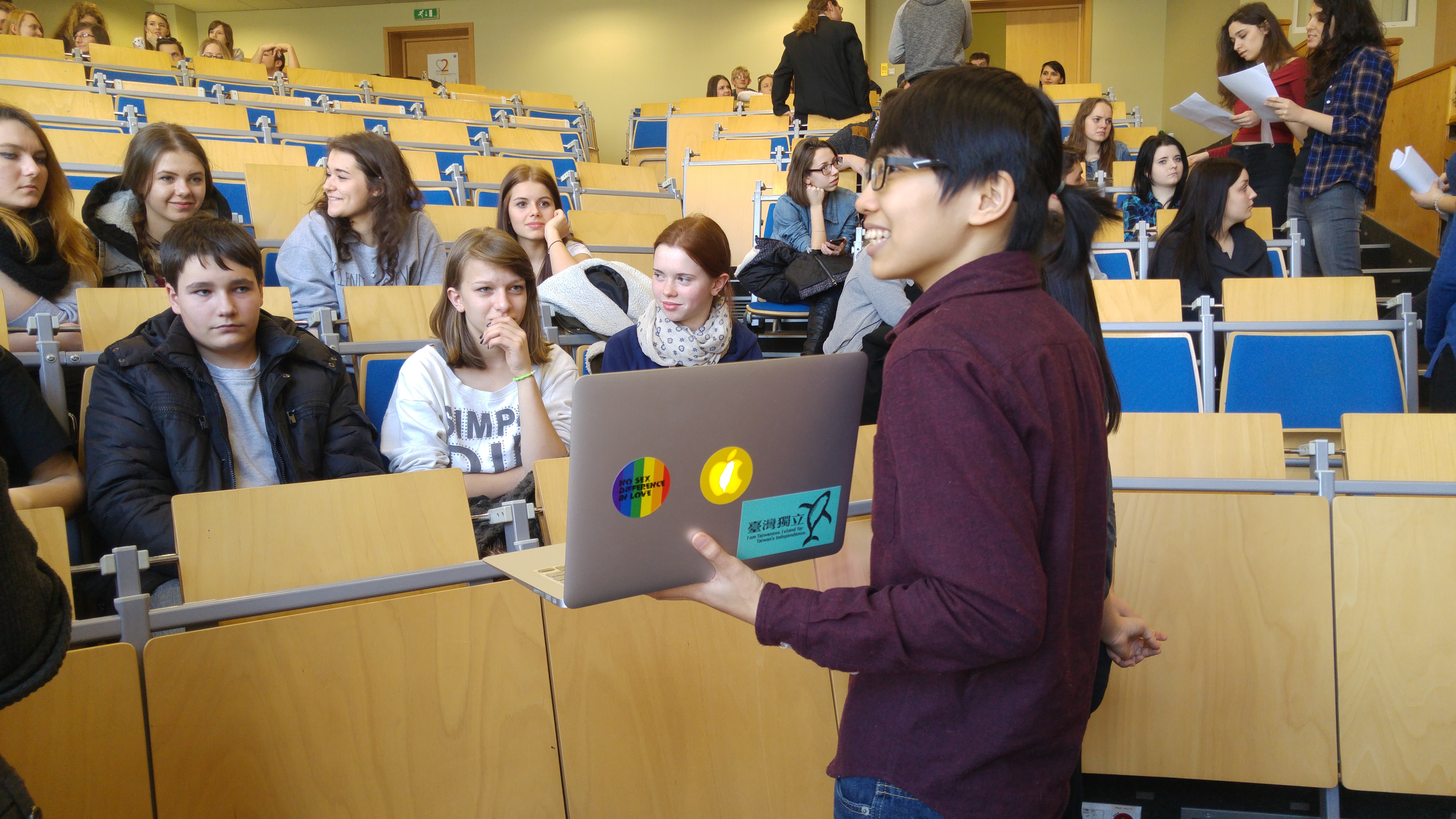
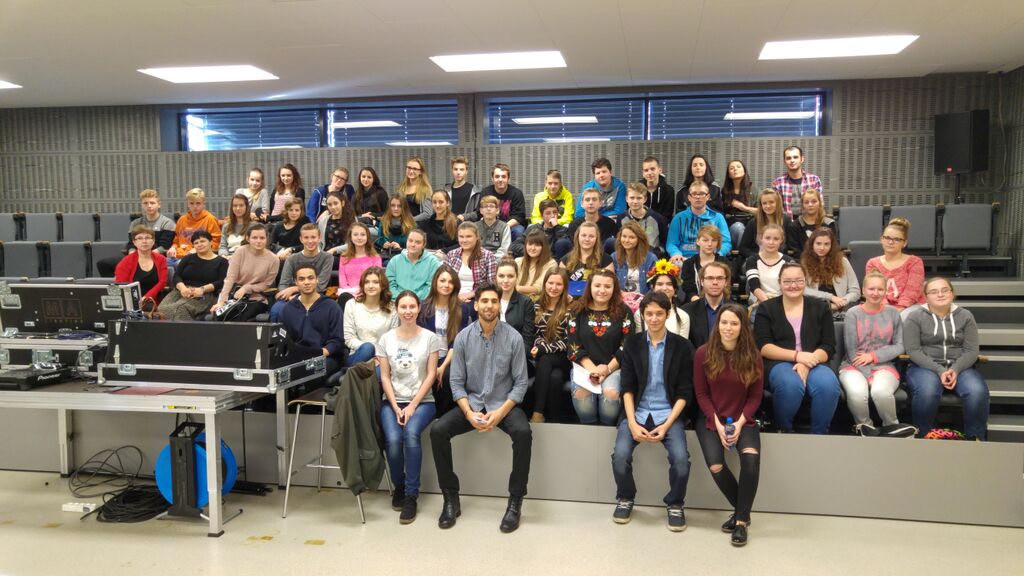
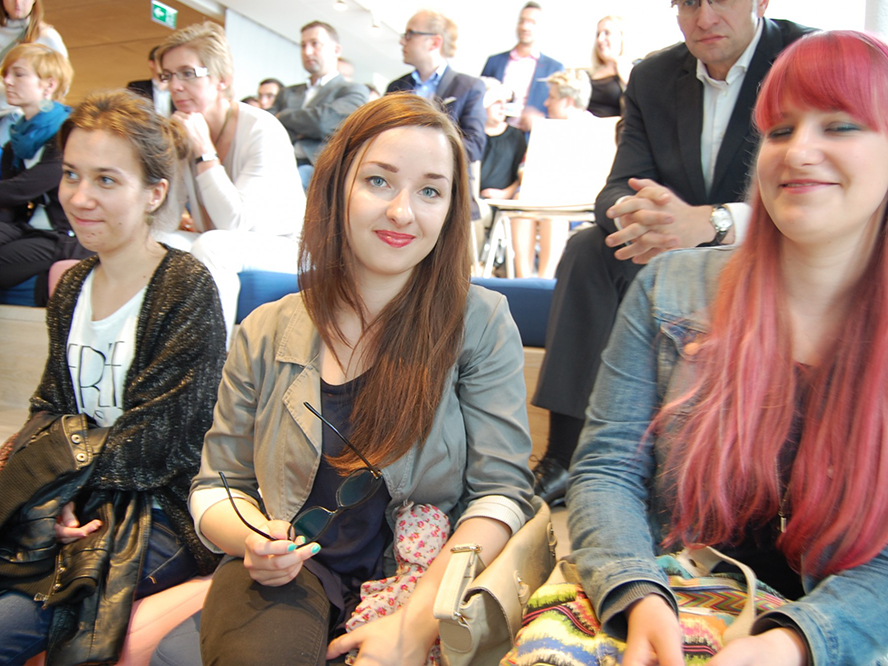
The Structure of the Programme
Semester 1
The Master’s programme is so designed that our students can get into their stride in the first semester of sociological enterprise with no problems. We start with broad subjects, i.e. methodology, sociological theory and cultural practice, and social inequalities to ensure that all students, regardless of their first-cycle study programmes, will become sociologists. We also offer a basic philosophical training for analytical skills development and an academic writing course.
Semester 2
In the second semester we introduce our students to the research methods and communication, conflict and migrations studies.
Semester 3
We start the second year (the third semester) accelerating your graduate research project. In addition to your supervising professor, another experienced researcher is appointed to assist you with your research project. We run a research analysis lab so you can have access to the research software and hardware as well as get all the necessary help to plan and carry our your own project. You can work on your project at one of our partner universities as well – even abroad. There are scholarships you can use to help you do that.
Semester 4
The last semester is all about writing your thesis – we even have an MA Presentations Lab course where with experts’ help you will be able to prepare yourself to communicate your findings effectively. During the whole study programme you will be able to attend a variety of complementary courses.
3 reasons to study Intercultural Communication
Intercultural Contact
Opole, located in the centre of Europe, with its complicated and mixed German, Polish, Bohemian and Silesian heritage on the one hand and you – a group of students coming from all over the world on the other – create a perfect environment for studying and developing intercultural communication. We also provide you with an opportunity to spend up to the half of the programme (a whole year) at one of our partner universities in Europe – with Erasmus+ scholarships available to the vast majority of students.
We strongly advise you to use scholarships also for your internships – we will provide you with our contacts around Europe so you could spend your summer holiday or even, thanks to rescheduling your semester, part of the academic year, getting some extra experience. The training scholarships are also available to you for up to 12 months after your graduation.
Experienced Researchers, Teachers and a Friendly Atmosphere
Here at the University of Opole we cherish our relationships with students. We will host no more than 15 students in a group, so you will never be anonymous to us. The city is a very friendly, lively and student oriented place, charming and quiet, with all the University buildings within walking distance. It combines characteristics of a city with an ambience of an academic town. You can meet your professors at cafés and parks as well as in libraries or just doing research in this multidimensional city at the crossroads of Europe.
We carry out research projects in Poland and Europe and other continents. Our interests range from migrations, urban sociology, economic relations, gender issues, social inequalities, and minorities to new communication technologies and digital media ecology.
Career Possibilities
There is a great demand for graduates with skills we teach: analytical and critical thinking, problem solving, project work, team work, not to mention communication and understanding of the other.
If you are into a corporate culture, you can just join one of the multinational companies in Opole. They will be more than happy to recruit you and the Polish language is no longer a must in their international environment.
You can also try your chances in whole of the EU – with our diploma, even coming from a non-EU country, you are eligible to work here. We also believe that if you return to your home country you will be a valuable employee for anyone looking for a communication and research expert who is able to think out of the box, be intellectually independent and who has immense international experience.
Contact Details
For further information please contact the programme coordinator:
Michał Wanke, PhD
E-mail: michal.wanke@uni.opole.pl
Institute of Sociology
Katowicka 89
Tel: +48 77 452 74 86
E-mail: soc@uni.opole.pl
Web: http://socjologia.whp.uni.opole.pl/intercomm/
Please direct any inquiries connected with registration to the Office for International Study Programmes: hello@uni.opole.pl
Admission requirements
The BA diploma (or equivalent) constitutes the basic admission criterion.
English language skills at B2 level confirmed by a certificate – oral interview (also online interview, e.g. Skype)
English Summer School
There is a possibility to join our intensive course in English in the summer.
Accommodation
Apartments for rent can be found in the city. At the university we can host you in one of our modern halls of residence. For further details go to: hello.uni.opole.pl/accomodation
How to enroll?
Tuition Fees
1160 EUR per year
EU citizens study free of charge.
Citizens of Poland and the Pole’s Card holders study free of charge.
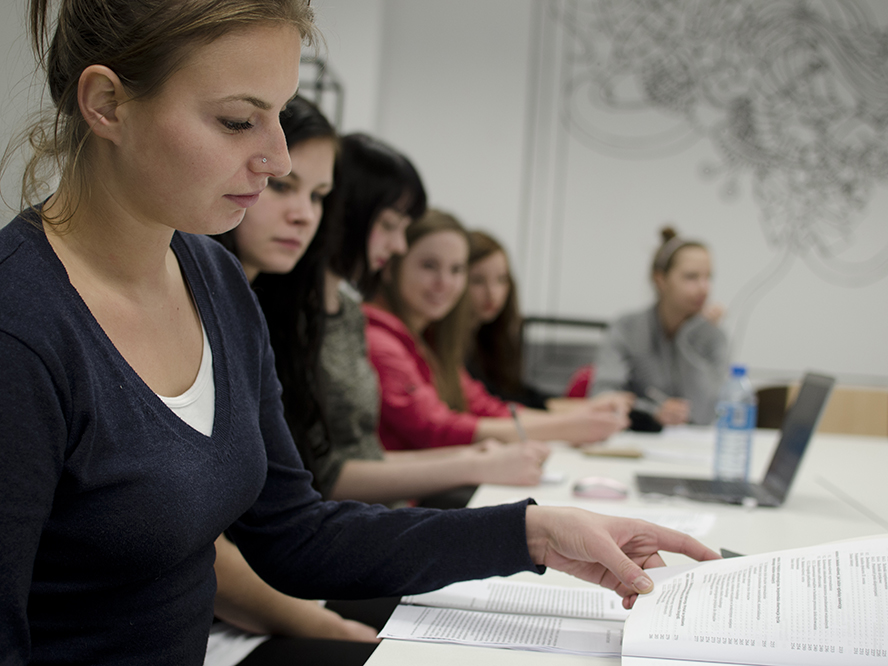
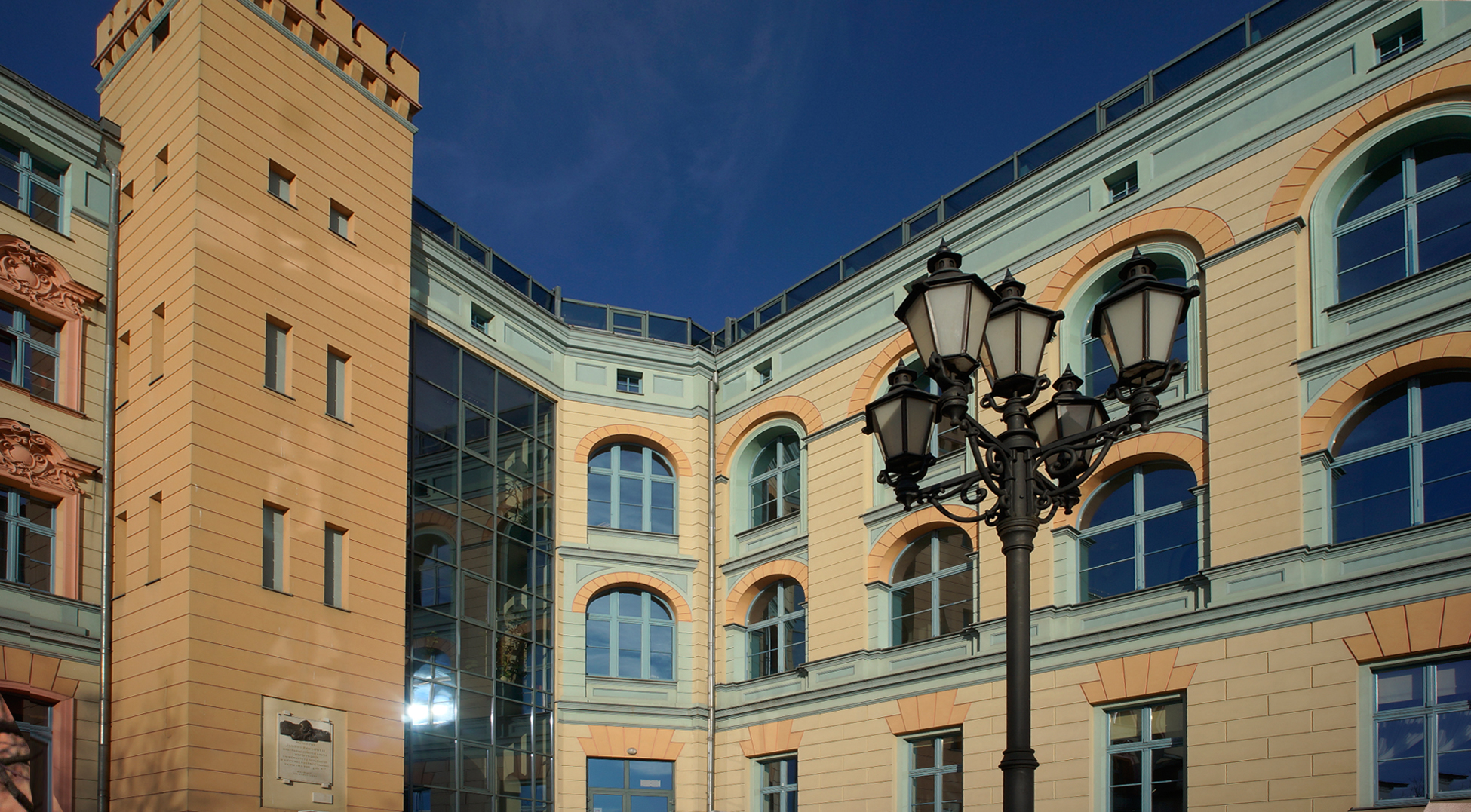
Coursework updates
Sociological Theory and Cultural Practice
Assisting you with the final work
Briefly, what happens before our final exam: The most important issue is to select the theory of yours here and get the book from me to copy (if you have not done it already). Next step is to think of a phenomenon, issue, problem, social practice that can be explained...
Approaching the final assignments
It is high time we selected our final assignments' topics. The list of our propositions of theorists is here. Please, select one for you (individually). I will leave you a book to scan the short original excerpts from these theorists so you can scan or copy it to get...
Breaking: assignment
There is an extra assignment due to Friday, Nov 25. Please, send it in .rtf, .doc or .docx format or preferably Google Docs. The minimum volume is 5000 characters (inc. spaces). Please, refer to our last reading and attempt to answer the question: What led to the...
Breaking: The Ecstatic Edge of Politics
We tried to discuss the sociological enterprise as portrayed by Peter Berger. Please, go through my summary notes to review what you have read. We attempted to ask typical sociological questions regarding public toilets just outside of our classroom. You can followup...
After today’s exercise: assignment, references, reminder
Today's discussion was really interesting and I just want to leave some trace: We discussed the 20 theses from Ken Plummer's book. Now your task is to pick one of the aphorisms from the appendix and learn it's context (the author, the work cited, the theoretical...
Sociological Theory and Cultural Practice -reading #1.5
Since we have changed the schedule and we are meeting again this week (Oct 27), please read the following: Ken Plummer, Sociology. The Basics, 2010: CONCLUSION and APPENDIX, pp. 206-211. We will try to answer the question, what do we mean when we do sociology, and...
Sociological Theory and Cultural Practice – reading #2
For the next meeting (Nov 7 Nov 3 Nov 10), please read the following: Peter L. Berger, Invitation to Sociology, A Humanistic Perspective, New York, 1963. Although we will need chapters 1-2, it is highly recommended that you will read all the book - since it will be...
Zabezpieczone: Sociological Theory and Cultural Practice -reading #1
Strona chroniona hasłem
Aby zobaczyć chroniony post, wprowadź hasło poniżej:
Social and Cultural Diversity
Social class
It was intellectually entertaining to discuss the themes of portraying gender in our selfies, but we need to move on to another topic, since the time is running out. On Wed. we will talk about social class. Please refer to the British recent developments: As...
Gender Advertisements
We will be using this classic piece: Erving Goffman, Gender Advertisements, 1979.
Concepts / Diversity
I introduced the concepts from this book (New Keywords A Revised Vocabulary of Culture and Society, Tony Bennett, Lawrence Grossberg, Meaghan Morris (eds)). I selected the ones connected to diversity but they are just our starting points. If you want to change...
Notes to reading #1
We are back on track - and let's get back to the first text once more, please. This time, browse my notes that outline the chapter, but also - I prepare several questions for you to work on. Make sure you are prepared on Wednesday.
Social and Cultural Diversity – reading #1
For the next week (Oct 17), please read the following: Ken Plummer, Sociology. The Basics, 2010. Chapter 7: Suffering inequalities.
Academic Writing for Social Scientists
Nie znaleziono żadnych wyników
Nie znaleziono szukanej strony. Proszę spróbować innej definicji wyszukiwania lub zlokalizować wpis przy użyciu nawigacji powyżej.
Integration course
Nie znaleziono żadnych wyników
Nie znaleziono szukanej strony. Proszę spróbować innej definicji wyszukiwania lub zlokalizować wpis przy użyciu nawigacji powyżej.
